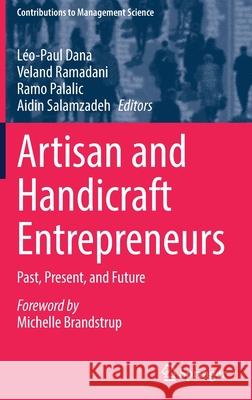Artisan and Handicraft Entrepreneurs: Past, Present, and Future » książka
topmenu
Artisan and Handicraft Entrepreneurs: Past, Present, and Future
ISBN-13: 9783030823023 / Angielski / Twarda / 2022 / 190 str.
Artisan and Handicraft Entrepreneurs: Past, Present, and Future
ISBN-13: 9783030823023 / Angielski / Twarda / 2022 / 190 str.
cena 603,81
(netto: 575,06 VAT: 5%)
Najniższa cena z 30 dni: 578,30
(netto: 575,06 VAT: 5%)
Najniższa cena z 30 dni: 578,30
Termin realizacji zamówienia:
ok. 22 dni roboczych.
ok. 22 dni roboczych.
Darmowa dostawa!
Kategorie:
Kategorie BISAC:
Wydawca:
Springer
Seria wydawnicza:
Język:
Angielski
ISBN-13:
9783030823023
Rok wydania:
2022
Wydanie:
2022
Numer serii:
000451748
Ilość stron:
190
Waga:
0.61 kg
Wymiary:
23.39 x 15.6 x 1.91
Oprawa:
Twarda
Wolumenów:
01
Dodatkowe informacje:
Wydanie ilustrowane











